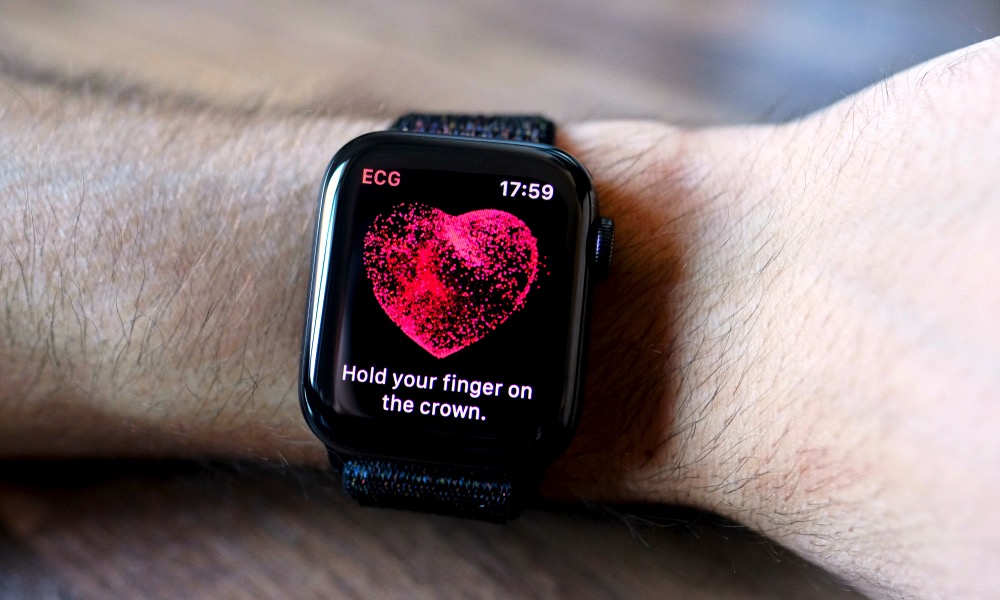Here’s Why Doctors Are Concerned About the Apple Watch ECG
 Credit: Fabio Mota / Shutterstock
Credit: Fabio Mota / Shutterstock
Toggle Dark Mode
Some doctors are worried about the new ECG feature on the Apple Watch Series 4, but probably not for the reasons you’re thinking.
The electrocardiogram feature on the Apple Watch is the first consumer-facing ECG available without a prescription. And it’s one feature at the forefront of Apple’s broader health ambitions — which includes pivoting the Apple Watch from a simple fitness and communications device to an actual health tool.
That ECG has likely already saved a life. But, in a new video report, The Verge’s Dieter Bohn and Angela Chen took a look at whether the ECG feature on the Apple Watch Series 4 may do more harm than good in the long term.
According to Dr. Gregory Marcus at the University of California, San Francisco, the ECG feature is “fascinating” as a researcher. But as a clinician, Dr. Marcus said he’s concerned about its usage.
It’s a case of more data not necessarily being better. That data could cause otherwise healthy individuals to fret about their heart health for no reason.
Unlike much more detailed and accurate lab-based ECGs, the Apple Watch’s system only scans for atrial fibrillation, a type of irregular heart rhythm. But Dr. Marcus says there are many other types of irregular heart rhythms that are completely harmless and caused by benign conditions.
But a larger concern isn’t just making healthy people unnecessarily worried. Those healthy people will probably go to the doctor — taking up valuable time and resources that would otherwise go toward actually sick patients.
There is also the question of whether any ECG reading is actually necessary for healthy individuals.
Dr. Seth Landerfeld, a professor of medicine at the University of Alabama at Birmingham, is a member of the U.S. Preventative Medicine Task Force — a body that evaluates whether the benefits of certain health screening systems outweigh their risks.
The Task Force recently evaluated ECG screenings for healthy individuals. According to Landerfeld, they found that there wasn’t any evidence that the benefits outweighed the harms and actually recommended against healthy people using ECG readers at all.
ECGs are safe, but unless a person already has a history of cardiovascular problems, Landerfeld said there isn’t much point in using them. Worse, there’s always the risk of false positives that could spur a worried user to undergo costly, unnecessary and even dangerous medical procedures.
Part of the issue may be Apple’s demographic. Most atrial fibrillation studies are aimed at users 65 and older, who are at higher risk for heart issues. That isn’t necessarily the average user of the Apple Watch, who is typically younger and likely already health-conscious.
The best advice for those younger and healthier people, according to Dr. Marcus, may be simply to simply ignore the ECG feature “in the absence of symptoms.”
But if you’re in that category and still worried about your heart health, there are still things you can do: get plenty of exercise, quit smoking, eat healthy, and check your blood pressure every now and then.







